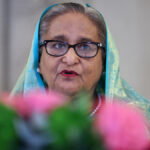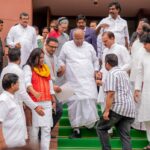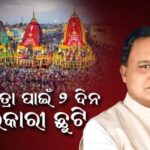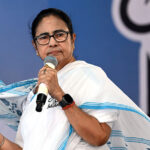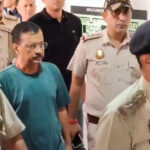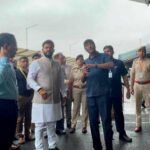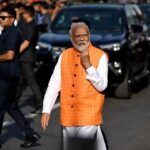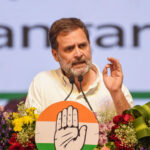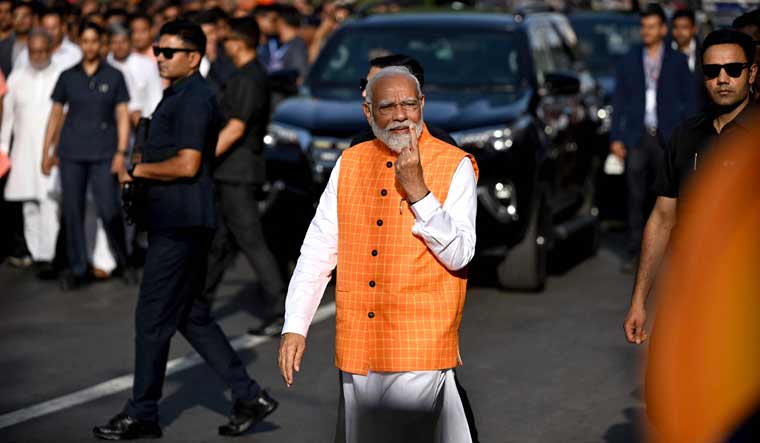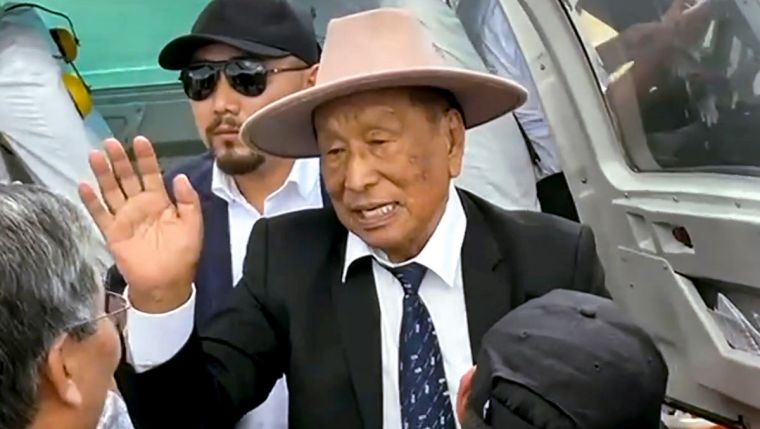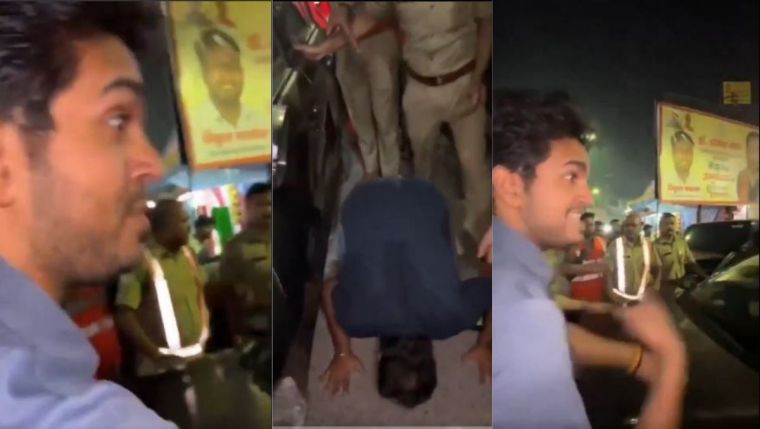As the democratic process unfolds across India, polling commenced for 93 seats spread across 12 states. Amidst this nationwide exercise in democracy, Prime Minister Narendra Modi cast his vote in Gujarat, setting a precedent for civic participation and responsibility. This significant event marks a pivotal moment in India’s electoral landscape, with citizens exercising their fundamental right to vote and shape the future of the nation.
Importance of the Event: The commencement of polling for 93 seats across 12 states underscores the magnitude of India’s democratic exercise. With millions of voters participating in the electoral process, the outcome of these elections will have far-reaching implications for the political landscape of the country. From local issues to national agendas, voters have the opportunity to influence policies and elect representatives who will champion their interests.
PM Modi’s Participation: Prime Minister Narendra Modi’s active participation in the electoral process sends a powerful message of civic duty and engagement. By casting his vote in Gujarat, his home state, PM Modi not only fulfills his responsibility as a citizen but also sets an example for others to follow. His presence at the polling booth highlights the importance of every vote and reinforces the democratic ethos of the nation.
Regional Significance: The polling for 93 seats across 12 states reflects the diverse socio-cultural and political fabric of India. From the hills of Uttarakhand to the plains of Uttar Pradesh, voters from various regions and backgrounds converge to make their voices heard. Each state carries its own set of challenges and aspirations, making the electoral process a dynamic reflection of India’s pluralistic society.
Key Issues and Candidates: As voters head to the polls, they confront a myriad of issues ranging from unemployment and economic development to healthcare and education. Candidates vying for electoral success have outlined their visions and promises, seeking to garner support from constituents. From established political parties to emerging contenders, the electoral landscape is marked by spirited competition and fervent campaigning.
Technological Innovations in Voting: The conduct of elections in the digital age has witnessed the integration of technology to streamline the voting process. Electronic Voting Machines (EVMs) and Voter-Verified Paper Audit Trails (VVPATs) ensure the accuracy and transparency of the electoral outcome. Additionally, online voter registration and electronic voting facilities have made it easier for citizens to exercise their franchise, enhancing the inclusivity and efficiency of the electoral process.
Importance of Voter Turnout: The success of any democratic election hinges on the active participation of citizens. A high voter turnout not only legitimizes the electoral outcome but also reflects the vibrancy of democracy. Therefore, initiatives aimed at increasing voter awareness and turnout play a crucial role in strengthening the democratic fabric of the nation.
Conclusion: As polling begins for 93 seats across 12 states, India embarks on a journey of democratic renewal and empowerment. The active participation of citizens, coupled with the leadership exemplified by Prime Minister Narendra Modi, reaffirms the resilience and vitality of India’s democratic ethos. As the electoral process unfolds, it is imperative that citizens exercise their fundamental right to vote and contribute to the shaping of a brighter future for the nation.
